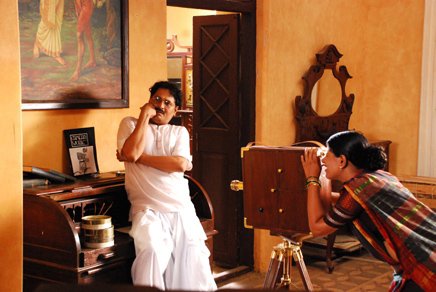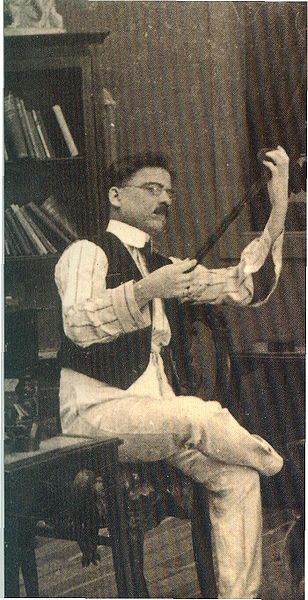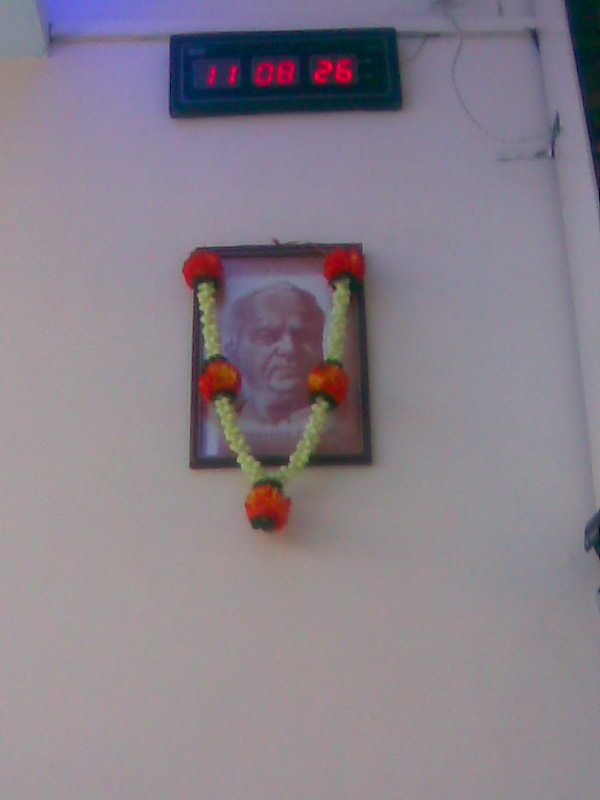Over the decades, movies have become an integral part of the lives of Indians. People of all ages, gender, religion, caste, language and class have been regularly thronging movie theatres ever since cinema arrived in India 99 years ago. The choice of movies among people might differ but visiting cinema halls and getting amazed, inspired and influenced by movies and its actors has become very common. Therefore, it won’t be an overstatement to say that cinema has become a part of Indian culture.
For making this possible, we all movie buffs should be thankful or even indebted to the Father of Indian Cinema Dhundiraj Govind Phalke aka Dadasaheb Phalke. It was his strong dedication and belief that made cinema possible in India. But when Phalke decided to make India’s first film Raja Harishchandra in 1912, there were many who tried to discourage him. There were some who even considered him a mad man.
But his dedication and passion was so strong that it had no effect on him. This was also because his wife Saraswati and his two kids too joined him in the mission. So, it won’t be wrong to say that the first Indian movie was made by the whole Phalke family.
After that, he could have easily settled in England and made films for the English. Financiers from London were ready to shell out huge amounts of money to produce his films. But he chose to stay in India so that the film industry develops and flourishes in our country.
It was filmmaker Paresh Mokashi and his team that enlightened the cinegoers about Phalke through his first film Harishchandrachi Factory (2009). Personally speaking, I will always be thankful to Mokashi for giving this hugely needed tribute to the great man. Without going overboard, the filmmaker presented Phalke’s struggle and the subsequent achievement by just using the visual medium.
However, from the huge number of movie buffs, how many are truly aware about Phalke? And from those who know about him, how many are there who truly think about him? I am sure a lot of people from the Indian film industry might not know about him.
I think even the mass media hasn’t given much importance to Phalke in all these 99 years. It wouldn’t cost much to our filmmakers to give tribute to Phalke at the start of their movie. After all, they are able to make movies only because he brought the medium to India. Apart from Harishchandrachi Factory, the only movie I remember doing this was Swarajya (2011).
I would like to give special mention to Fame Nakshatra (Dadar) for honoring Phalke by putting his picture with a garland inside their theatre (See below picture). I haven’t seen any other theatre doing this.
Monday April 30, 2012 marks the 142nd birth anniversary of Phalke. As expected, there is just no excitement or even awareness about it. But that is not going to stop me from rejoicing for the Father of Indian Cinema since it’s a day every cinema lover should be proud of!
Watch the 11 minute footage from Raja Harishchandra (1913), the very first film of India!

Nandu Madhav and Vibhawari Deshpande in a still from Harishchandrachi Factory



